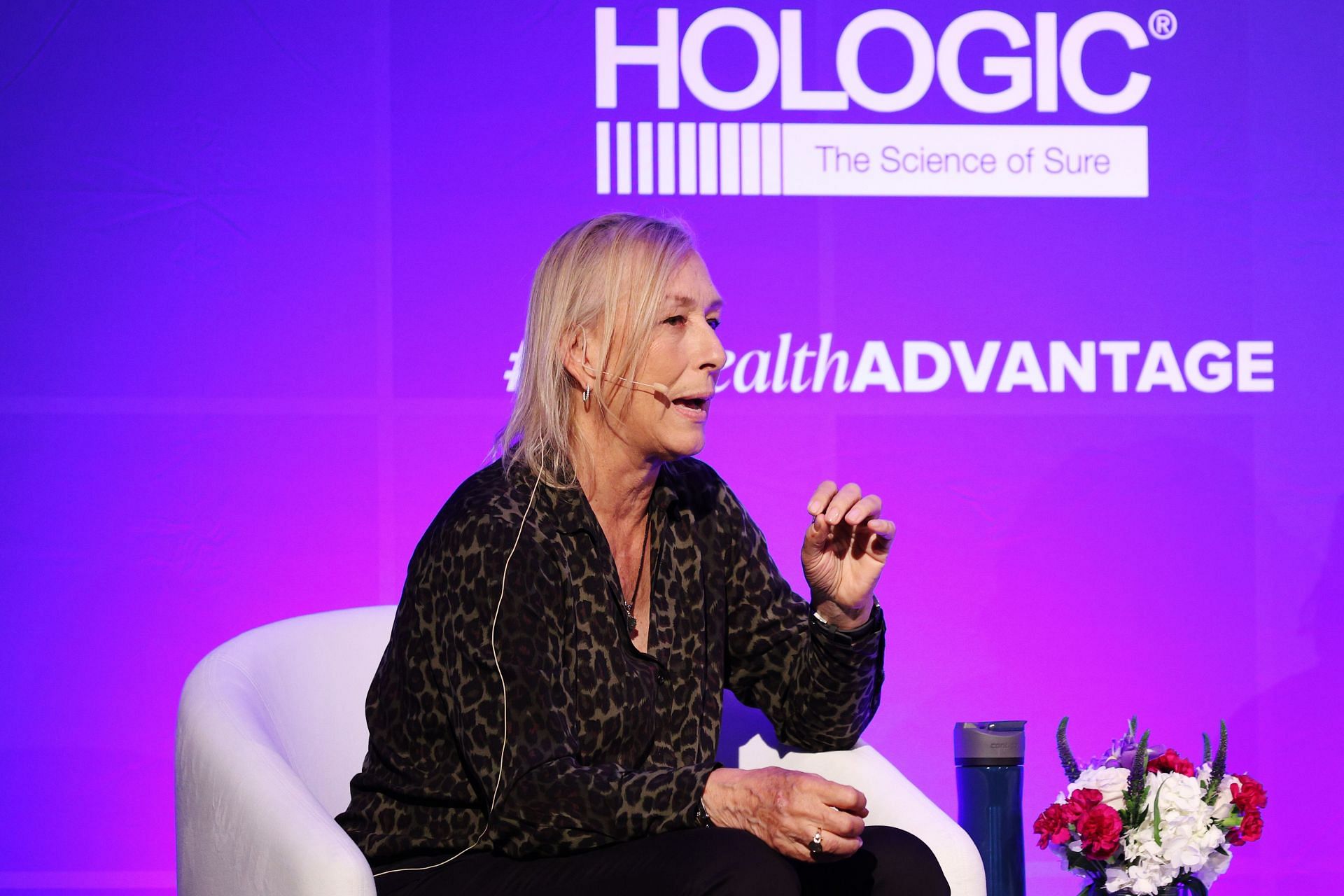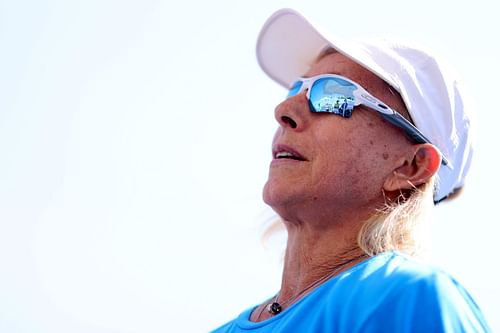
"In the summer of '75 they decided that they wouldn't let me play in the US Open" – When Martina Navratilova explained her defection from Czechoslovakia to the United States
Tennis icon Martina Navratilova represented the United States for most of her career. Still, she wouldn't have been able to do so if she had not defected from Czechoslovakia, the country of her birth.
Navratilova spoke about her defection during an interview with Fortune back in 2013 and stated that it was a turning point in her life.
"I had some big turning points, of course in 1975 when I defected. I grew up in Czechoslovakia, then Czechoslovakia, now the Czech Republic, and the federation had the power to either give you the visa or not. First, you had to get a permit to go to the embassy to get a visa to go to Italy or England or US, and if they didn't give you this permit, you couldn't go," the former World No. 1 said.
Navratilova also mentioned that Czechoslovakia's government would not let her play in the US Open. The nine-time Wimbledon singles champion said that she knew she wouldn't return when she left the country of her birth.
"And, in the summer of '75, they decided that they wouldn't let me play the US Open. Until the very last minute, they allowed me to come and play and at that time, my father said, 'You know, you probably should stay, but if you do go, don't tell your mother if you don't come back,'" Navratilova said.
"That's pretty much when I left in August in '75, I knew I wasn't coming back and I didn't know when I was going to see my family again, if I was going to see them again. Turned out it was four years before I saw my mother and five years before I saw my dad and my sister," she added.
"I have a regret that I had to do that" – Martina Navratilova

Martina Navratilova added that while she regretted defecting from Czechoslovakia, thus leaving her family, she had to do so in order to keep her dreams alive.
"That was a devastating time but I felt I had no choice. So, when people ask me, 'Do you have any regrets?' I have a regret that I had to do that. I regret that the Communist people killed so many people and so many hopes, and if I wanted to keep my dream alive, I had to get out of that because otherwise, my life wouldn't be my own," the Czech-American said.